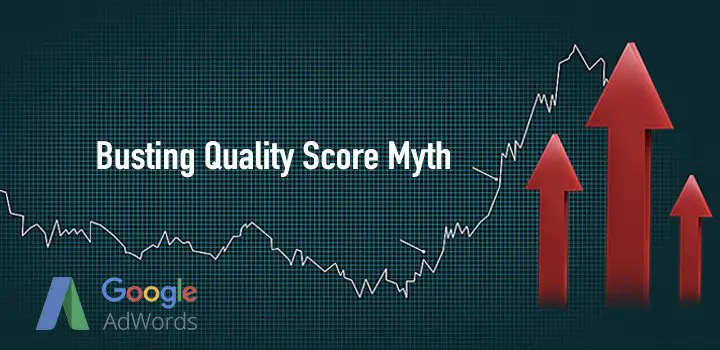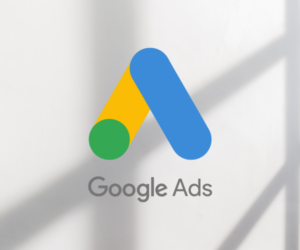You must already have read that quality score is one of the most significant metrics of your Google Ads account. The higher your quality score is, the lesser you pay for a click with Google Ads.
There’s a common understanding about quality score that till it is improved, the cost will always be higher. And, improving quality score won’t be immediate. It takes a lot of time of effort. So, until you improve the quality score that you see being reported in the Google Ads reporting table, you will pay higher.
It’s not quite right.
Give it the second thought.
Yes, you read it right. It’s not completely right.
The quality score of your keywords does not decide your Ad Rank during the Google Ads auction. And, thus it does not affect the amount you pay.
What impacts your Ad Rank then?
If your keywords have poor quality scores, you are not doomed and compelled to pay higher than you should. There are ways which can help you start improving your quality score right away.
But, before we get into that, let’s first understand what Quality Score is.
Quality Score is intended to give you a general sense of the quality of your ads. The 1-10 Quality Score reported for each keyword in your account is an estimate of the quality of your ads and the landing pages triggered by them. Factors that determine your Quality Score are:
- Expected Click Through Rate
- Ad Relevance
- Landing page experience.
Source: Google Help Document
The definition above clearly says that quality score is there to give you a general sense of your account’s past performance. It means – not the present or expected performance going forward.
For this reason, you should not take Google Ads quality score as the Key Performance Indicator (KPI) in the first place. A higher quality score does not necessarily mean that your campaigns are performing at their best and your advertising goals are met efficiently. You should be focusing on and working to improve on the more relevant metrics like ROAS, CPA, CPI, CPV, CTR etc. They are the reasons a business advertises for, and they are the metrics helping you understand if your advertising efforts are profitable or not. Your quality score definitely does not have to do anything with your true KPIs.
Let’s take the first question here now. If the quality score metric does not influence Ad Rank, how is it decided then?
The answer is Auction Time Quality.
[ss_click_to_tweet tweet=”Your Ad Rank is influenced by Auction Time Quality, not the quality score your #GoogleAds reporting table shows. #qualityscore #AdWords #AdRank.” content=”Your Ad Rank is influenced by Auction Time Quality, not the quality score your #GoogleAds reporting table shows. #qualityscore #AdWords #AdRank.” style=”2″]
The Concept of Auction Time Quality
Let me remind you that every time a Google user searches for something on Google, an auction is run for relevant ads to appear with the search result. And at this stage, Google does not care for what quality score the keyword being considered for the auction has got.
Your current Google Ads quality score is simply neglected.
On the contrary, Google analyzes the Auction Time Quality of your ad. There are several components of your campaign(s) that Google considers to calculate the Auction Time Quality score. Some of the most important components are:
- Search query,
- Device type,
- Time of the day,
- User’s location,
- Language,
- Browser.
It is also important to note that during the analysis of the auction time quality, Google analyzes the individual component of quality score i.e. expected CTR, Ad Relevance, and Landing Page Experience separately. It does not go by the historic scores of these components, rather it is analyzed in real-time during an auction.
Furthermore, there are certain key limitations of the historic quality scores that Auction Time Quality defies.
Limitation of Quality Score
- The quality score calculation does not include geographic signals,
- The different qualities of different ads in an ad group are not taken into account,
- Matches and gives a score based only on the exact match of your keyword,
- Negative keywords are not considered.
The Auction Time Quality does factor everything mentioned above.
So, what does it mean to you and how does it impact your Google Ads campaign optimization strategies?
Understanding the existence of auction time quality and the way it is calculated does impact your Google Ads campaign optimization strategies. It simply lifts your focus from an unreal KPI i.e. quality score to the real KPIs. Getting to know the role of auction-time quality in deciding your ads’ ranks and performance shifts your focus. It shifts your focus from increasing quality score to improving the relevance of your ads, to the users’ queries, and to improving on the overall experience of users on your site.
I will love to know your thoughts.
Sharing is caring!





